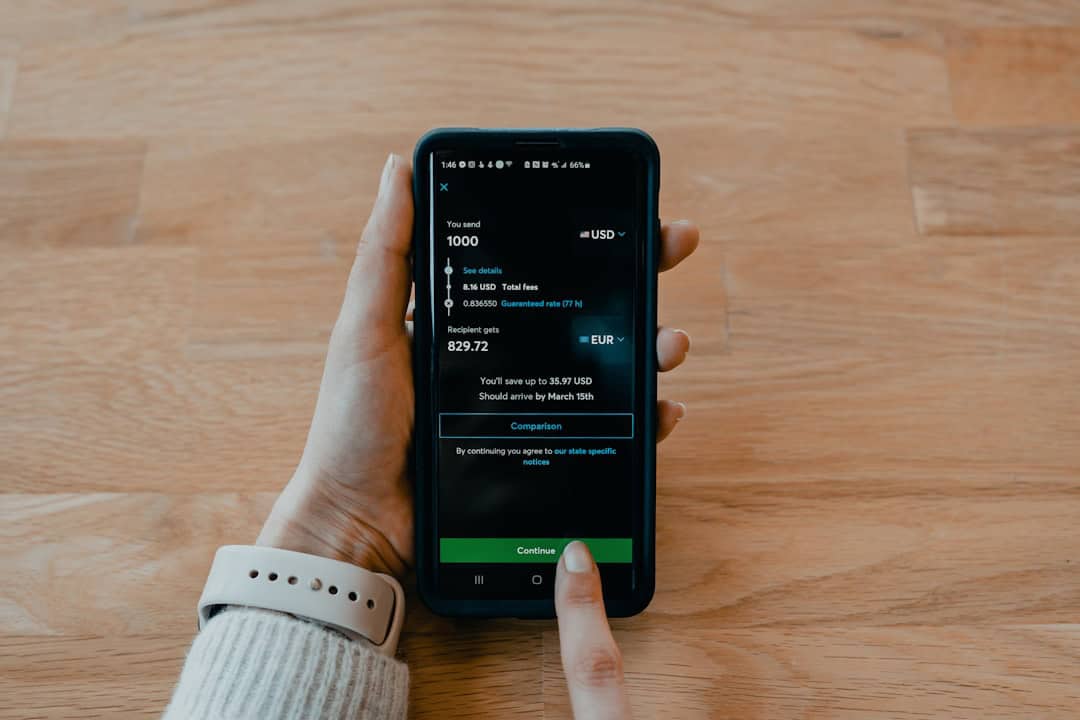Sending money internationally can be complex, especially with the various options and regulations involved. Every year, billions of dollars are transferred across borders for business transactions, personal remittances, and medical expenses. Understanding the nuances of international money transfers is essential to ensure your funds arrive safely and efficiently. Below, explore the dos and don’ts to help you navigate this process. Whether planning to travel or send money to family and friends living abroad, having a clear understanding is vital.

Do Understand the Different Methods
Several methods are available for sending money internationally, each with pros and cons. Traditional banks generally offer wire transfer services, providing a straightforward option but often accompanied by high fees. Online money transfer services have gained popularity, making sending funds from the comfort of your home quick and easy. Say you’re looking for clarity on how to send money to Jamaica or any other country outside the United States. In that case, many people opt for reliable online services that offer competitive exchange rates. Payment apps can also facilitate fast transfers, but checking if they support international transactions is crucial. Cryptocurrency has emerged as an alternative, but its volatility and regulatory issues can complicate matters.
Do Research Transfer Costs and Fees
Every money transfer service comes with a fee structure, and understanding these costs is essential for making informed decisions. Bank wire transfers often come with hefty fees, ranging from $30 to $50 or more, in addition to potentially unfavorable exchange rates. On the other hand, online platforms may charge lower fees but can add margins to the exchange rates. When comparing options, take a moment to calculate the total cost of sending money, not just the upfront fees. Some calculators available online can help you gauge the actual cost of your transaction, ensuring that you choose the most economical choice. Always account for hidden fees or charges that may pop up later in the process.
Do Verify the Recipient’s Information
Before finalizing any money transfer, verify the recipient’s details. This includes confirming their name, bank account information, and specific codes required for international transactions, such as an IBAN or SWIFT code. Mistakes in these details can lead to successful transactions or delays, resulting in unnecessary frustration. If you’re transferring funds to a new recipient for the first time, consider sending a smaller amount as a test run. Establishing trust is crucial, especially for more significant sums of money. Contacting the recipient separately to confirm details can also help to ensure accuracy.
Do Be Aware of Exchange Rates
Exchange rates can significantly impact the amount of money your recipient ultimately receives. These rates fluctuate based on market conditions and can vary among transfer services. Always take the time to check the current exchange rate and understand how it will affect your transfer. Some services offer a fixed exchange rate, shielding you from sudden fluctuations. Other platforms may provide real-time rates that change throughout the day. By proactively understanding these rates, you can minimize losses and maximize the funds reaching your recipient.
Don’t Fail to Stay Up-To-Date on Regulations
International money transfers are subject to many regulations and compliance requirements that can differ from country to country. Knowing the legal obligations surrounding your transaction is essential to avoid complications. For instance, some countries limit the amount of money sent or received within a given period. Researching the regulations specific to both the sending and receiving countries is crucial. Tax implications can also arise, depending on the amount and purpose of the transfer. Compliance can protect both the sender and the recipient from potential legal issues.
Don’t Hesitate to Choose Trusted Providers
Not all money transfer services are created equal, and selecting a reliable provider is paramount for secure transactions. Check for reviews, ratings, and complaints against the service before committing to them. A good service will be transparent about fees, transfer times, and customer support. Consider whether the provider has been in business substantially and how often they handle international transactions. Secure platforms provide encryption for your financial data. Additionally, certifications or affiliations with regulatory bodies can indicate a trustworthy company.
Don’t Forget to Keep Records of Your Transaction
Maintaining clear and organized records of your transaction is vital for multiple reasons. It helps you track the status and ensure the funds have been successfully transferred. Should any issues arise, having documentation such as transaction IDs, confirmations, and receipts can be invaluable. Some services may send you email confirmations, while others may offer the option to print receipts at the transfer time. Keeping these records for a few months is advisable, especially in case of disputes or inquiries. Being diligent in your record-keeping can save you a great deal of hassle.
Do Consider Transfer Speed
The speed of an international money transfer can vary significantly depending on the method chosen. While some transactions are instantaneous, others might take several business days to clear. Traditional banks can sometimes take longer due to their internal processes. Conversely, online transfer services often promise quick delivery, sometimes within hours. Understanding the urgency of the transaction is vital; for instances where funds are needed immediately, opt for faster services, albeit potentially at a higher cost. Always inquire about delivery times to set appropriate expectations for yourself and your recipient.
Don’t Let Your Guards Down, and Be Cautious of Scams
Sadly, the rise in international money transfers has also seen increased scams targeting prospective senders. Be skeptical of unsolicited messages or phone calls asking for money transfers or personal information. Scammers often pose as legitimate services, promising extraordinary rates or claiming your information is required for verification. Familiarize yourself with common warning signs, such as excessive pressure to send money quickly or offers that seem too good to be true. If something feels off, trust your instincts and wait to proceed until you know the situation. Reporting suspicious activities can also help protect others from falling into scams.

International money transfers can be straightforward if you proceed with caution and do your homework. By following these dos and don’ts, you can navigate the complexities of sending money abroad efficiently and securely. As globalization continues influencing how people manage finances, ensuring a smooth transfer process will benefit you and your recipients.



